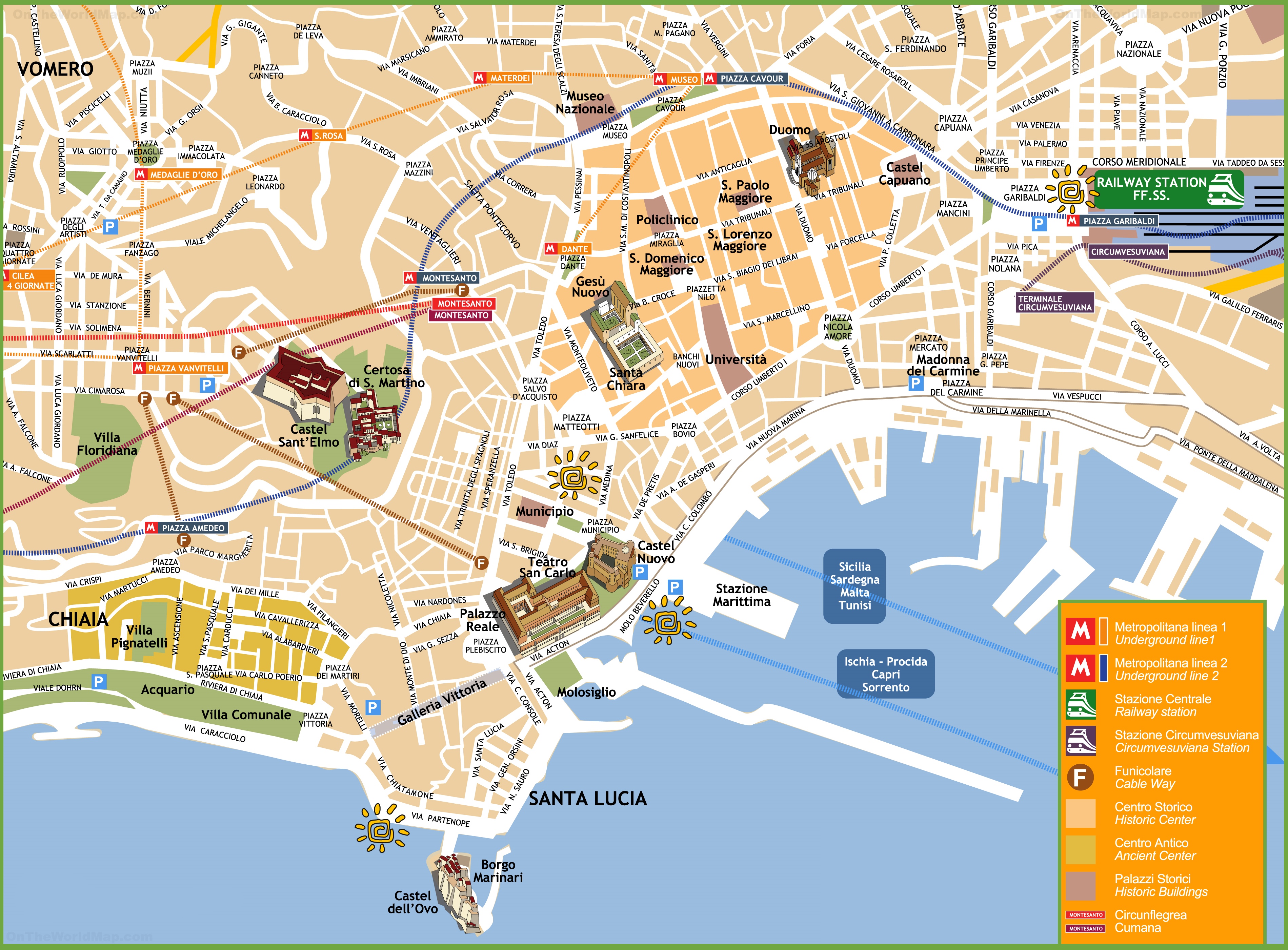
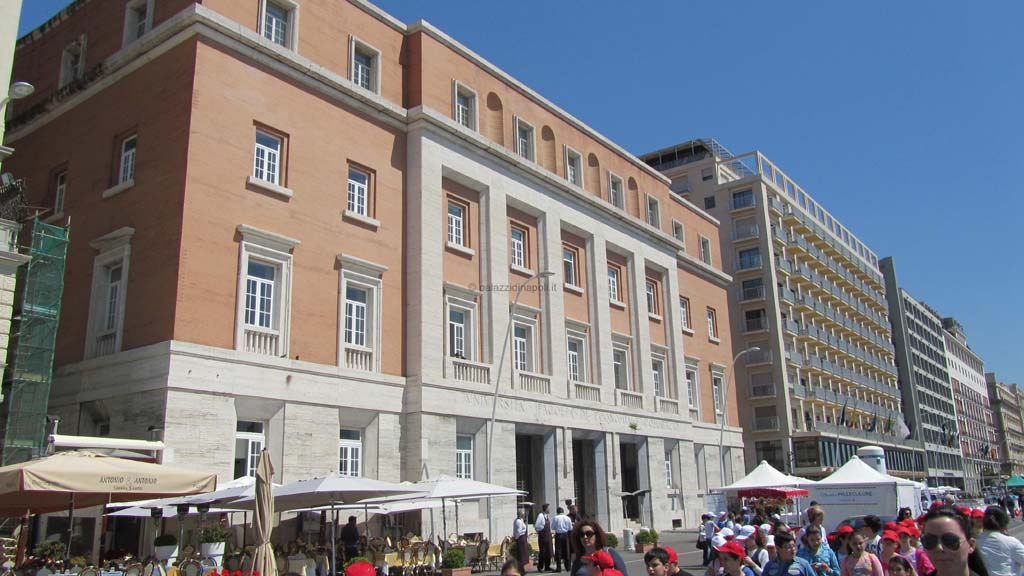
Centro Congressi University of Naples Federico II
The conference (November, 8-11) will be held at the “Centro Congressi†University of Naples Federico II, Via Partenope 36, located on Naples seafront facing Castel dell'Ovo.
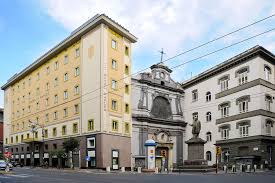
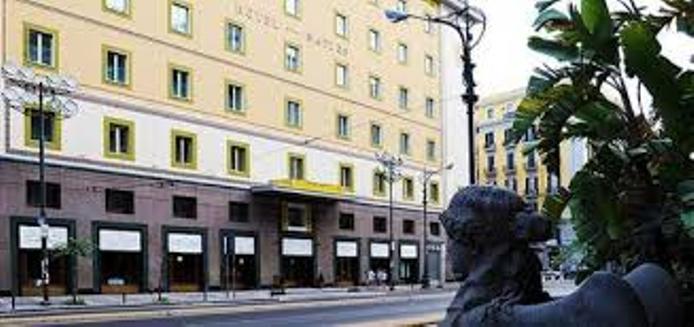
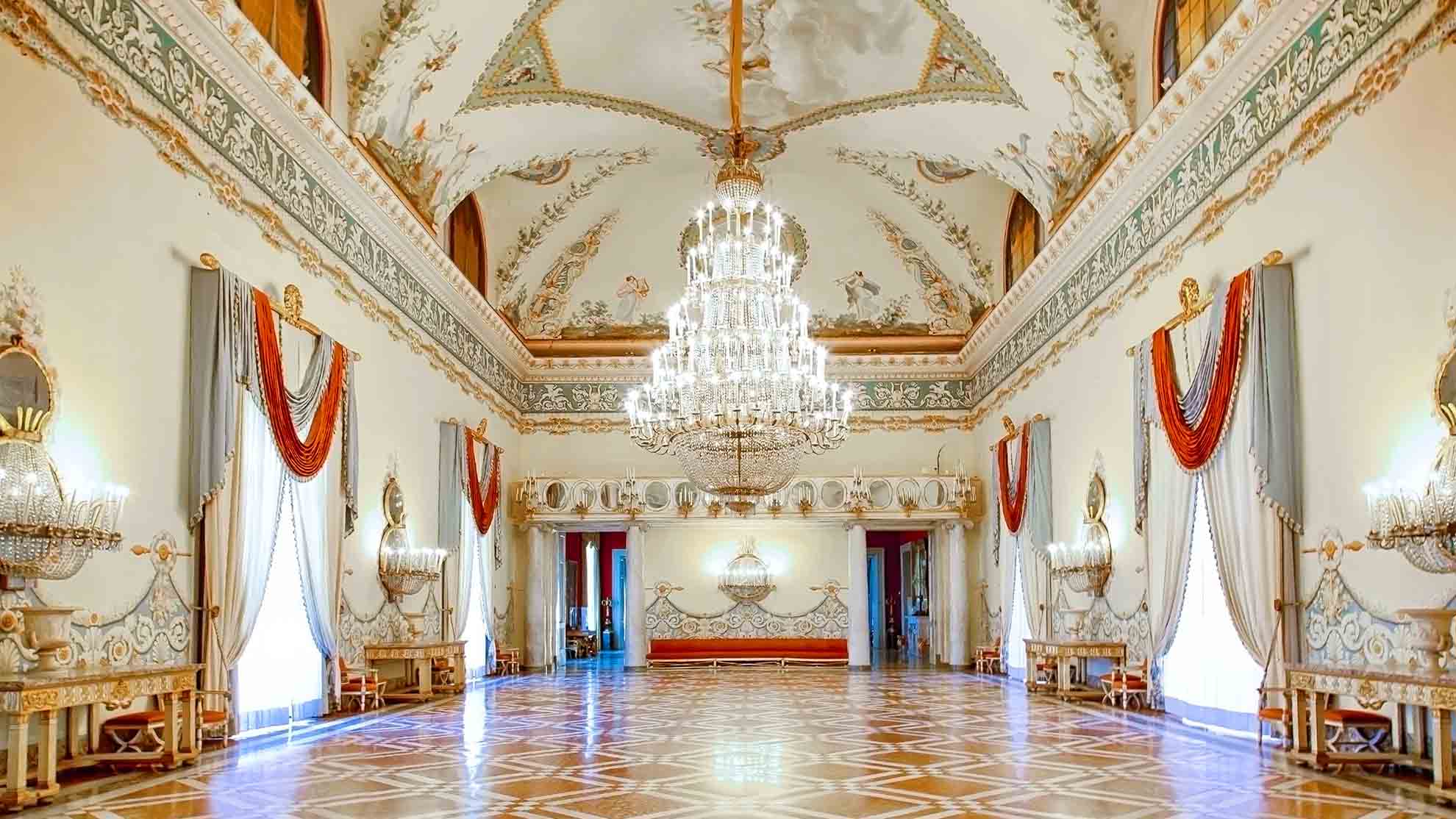
Naples City
In the last few years Naples has become one of the favorite destinations for all those Italian and foreign
tourists who love spending their holidays in cities of artistic interest. Unlike cities in which art is stored in museums and daily life happens on the streets, Naples's distinctive mark is its folklore: people living and working among the artistic beauties of the city.
Buildings, churches, streets, ancient fortresses and castles in the sea, as well as natural caves and
places impregnated with mystery and mysticism, all of which makes Naples unforgettable in the
minds of all travelers.
Naples is not only art and culture. During its long history, Naples achieved several scientific and technological accomplishments, such
as the first steamboat in the Mediterranean Sea (1818), built in the shipyard of Stanislao Filosa al
ponte di Vigliena, near Naples, and the first railway in the Italian peninsula (1839), which connected
Naples to Portici. Meanwhile, Naples could count on a very large and efficient merchant
navy. Moreover, the first railway tunnel in the world was built there. Among the other achievements,
one worth mentioning is the first suspension bridge in Continental Europe (1832), the first gaslight
in Italy (1839), the first volcano observatory in the world, l'Osservatorio Vesuviano (1841), the first
and actual archaeological excavations in the world (in the ancient cities of Pompei and Ercolano),
the first faculty of Economics in Europe and the first faculty of Astronomy in Italy . The first suspension
bridge, built in iron, the "Real Ferdinando" on the river Garigliano and it was built in the Reali
Ferriere factory and Weapons factory in Mongiana. The rails for the first Italian railways were built
in Mongiana, near Naples, as well. All the rails of the old railways that went from the south to as far
as Bologna were built in Mongiana.
Naples is noted for its numerous higher education institutes and research centers. Naples hosts
what is thought to be the oldest state university in the world, in the form of the University of Napoli
Federico II, which was founded by Frederick II in 1224. The university is among the most prominent
in Italy, with around 100,000 students and over 3,000 professors in 2007. It is host to the Botanical
Garden of Naples, which was opened in 1807 by Giuseppe Bonaparte, using plans drawn
up under the Bourbon king Ferdinand IV. The garden's 15 hectares feature around 25,000 samples
of vegetation, representing over 10,000 plant species.
Besides arts, history, culture, technology and education, Naples is famous in the world for its inimitable food. Traditional Neapolitan
cooking is very rich and complex, with many simple but complete foods, such as pizza, as well
as elaborate and tasty dishes.
Naples and its surrounding are a magical place where colors, flavors, culture and history are intertwined
in a charming mix of knowledge, joy and fun.
Map of Downtown Naples (Click on image to enlarge)
